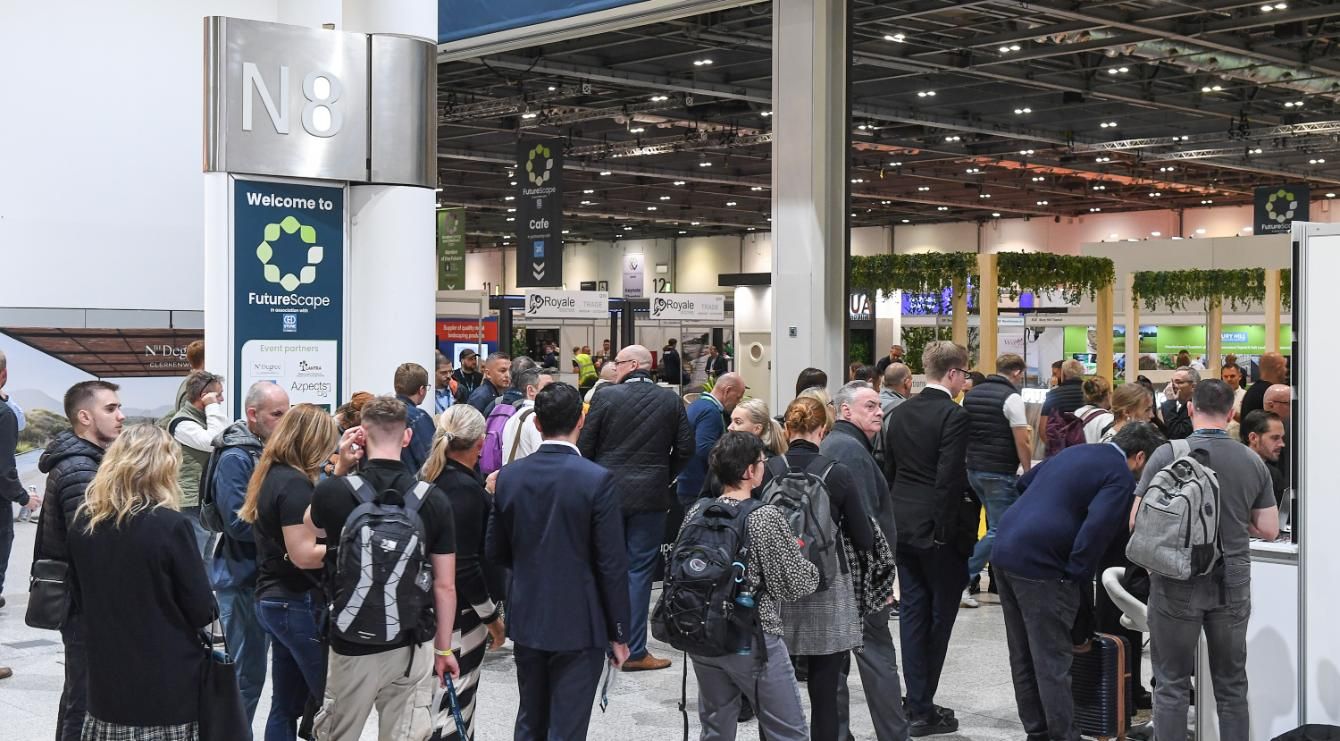Balancing Sustainability and Profitability: Rebuilding the Business Case for Change - Insights from the Sustainable Trade & Production Expo Roundtable
)
As the Sustainable Trade & Production Expo 2025 takes shape, a curated roundtable of sustainability leaders, procurement heads, and infrastructure specialists gathered to explore how UK industry can accelerate carbon reduction while staying commercially viable. The discussion focused on the trade-offs, tensions, and opportunities facing manufacturers, logistics providers, and public sector decision-makers as they navigate climate pressures, reporting frameworks, and market demands.
Across the session, three key themes stood out:
1. Scope 3 Confusion and Supply Chain RealityThe complexities of Scope 3 emissions reporting emerged as a key barrier to real progress, particularly for SMEs and Tier 2/Tier 3 suppliers.
-
Several contributors noted the uneven playing field between corporates and smaller suppliers, with the latter struggling to access frameworks or resources to comply with growing ESG expectations.
-
One major issue: buyers are demanding carbon data, but often don’t provide clarity on what level of detail is needed or how it will be used.
-
The need for sector-specific guidance was echoed repeatedly — particularly in construction, logistics, and manufacturing — where emissions are deeply embedded across fragmented value chains.
There was broad agreement that the Expo should include tools, templates, and live-use cases to support realistic Scope 3 implementation — especially for SMEs.
2. Shifting the Procurement MindsetA second major theme focused on procurement culture and the challenge of embedding sustainability into commercial decision-making.
-
While ESG credentials are increasingly seen as risk mitigation tools, many businesses still default to lowest-cost suppliers — even when those options undermine long-term climate goals.
-
One speaker emphasised the power of procurement to act as a change lever, especially in the public sector where procurement can signal market demand for cleaner solutions.
-
Some participants shared examples of pilot tenders that weighted carbon impact, showing promising early results — though these remain far from standard practice.
The roundtable called for open discussions about how to quantify carbon in purchasing decisions — and how to make that stick even when budgets are tight.
3. Transparency, Trust and the Carbon Skills GapAs scrutiny of sustainability claims intensifies, the panel discussed how to foster genuine transparency across supply chains.
-
There was strong appetite for greater honesty around trade-offs — particularly the reality that no supply chain is perfect and many decarbonisation pathways come with emissions of their own.
-
Several panel members warned against “carbon tunnel vision” — where organisations focus solely on emissions and miss broader impacts on biodiversity, community, or resilience.
-
One clear gap? Skills and understanding — both in sustainability teams and wider operational roles — with several agreeing that carbon literacy at every level is now essential.
The consensus was that storytelling and reporting must evolve — moving away from top-line claims toward context-rich narratives grounded in impact, compromise, and continual improvement.
Key Takeaways for the Event Agenda-
The Expo must prioritise Scope 3 demystification — with hands-on support, practical examples, and SME-friendly content.
-
Procurement must be front and centre, with sessions on embedding carbon metrics into commercial processes.
-
Transparency and trust are emerging as new strategic assets — and the agenda should reflect that through case studies, training, and dialogue.
There was also strong interest in linking sessions to the Circular Economy, with multiple contributors noting the missed opportunity to align decarbonisation with waste reduction, material reuse, and product redesign.
Next StepsThe insights shared at this roundtable will help shape the final agenda for the Sustainable Trade & Production Expo 2025. Expect to see:
-
Toolkits and frameworks for SMEs and Tier 2 suppliers
-
Sessions on climate-conscious procurement and sustainable innovation
-
Skills-building features, including carbon literacy and ESG reporting
-
Cross-sector panels tackling Scope 3, Scope 2, and circularity head-on
Thank you to all contributors for lending your time and experience. Your input is critical to ensuring this year’s agenda reflects not just policy ambition, but practical pathways forward.
About This RoundtableThis roundtable took place in London on 17th June 2025, as part of the agenda development for the Sustainable Trade & Production Expo 2025, co-located with The Recycling Expo at ExCeL London on 7–8 October 2025.
Roundtable Contributors Included Representatives From:
-
Alan Wheeler, CEO, Textile Recycling Association
-
Christiane Lorent, Advocate, Carbon Literacy Project
-
John Pearce, CEO, Made in Britain
-
Megan Muller-Girard, Circular Bioresources Analyst, Renewable Energy Association (REA)
-
Sonia Sanchez, Senior Managing Consultant, Oakdene Hollins
-
Andrew Bryers, Head of Sustainability, Lyreco
-
Neil Stephen, Co-Founder & Sales Director, Hemp Block
-
Hussain Hilli, Co-Founder, Skrap


